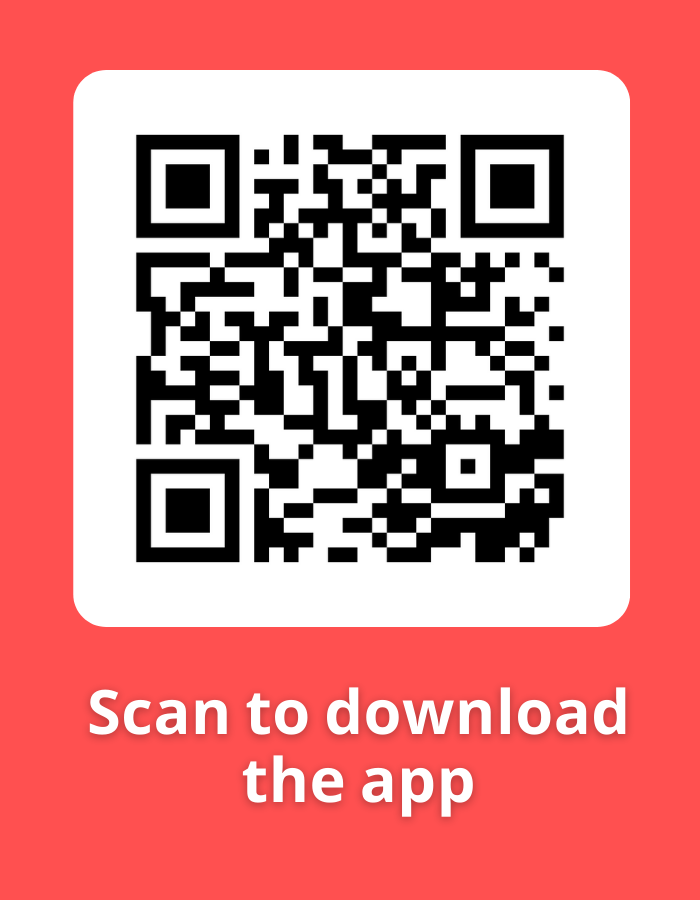With these guidelines, you can help ease your loved one’s suffering, preserve your own mental health and well-being, and restore calm and stability to your relationship and family life. Attending a 12-step program or other support group is one of the most common treatment options for alcohol abuse and addiction. AA meetings and similar groups allow your loved one to spend time with others facing the same problems. As well as reducing their sense of isolation, your loved one can receive advice on staying sober and unburden themselves to others who understand their struggles firsthand. Studies suggest that the social connection provided by these groups can help your loved one build confidence in their own ability to avoid alcohol in social situations and support their sobriety. While someone is seeking treatment for alcohol abuse, you can offer in-person support while they search for the right provider.
A health professional can conduct a formal assessment of your symptoms to see if AUD is present. For an online assessment of your drinking pattern, go to RethinkingDrinking.niaaa.nih.gov. When relapse happens, it’s important not to blame your loved one or get frustrated and angry with them. Instead, help them find the best treatment option for them so they can get back on track to long-term recovery. You may encourage them to call their sponsor, research other treatment options with them such as long-term treatment, or utilize another professional resource.
Alcoholism Support Groups
Alcoholics Anonymous (AA) – Learn more about AA’s 12 steps and find a support meeting in your area. Al-Anon and Alateen – Support groups for friends and families of problem drinkers. Try seeking help from a sports coach, family doctor, therapist, or counselor. Remain calm when confronting your teen, and only do so when everyone is sober.
It may be helpful to take a couple minutes to write down your own list of personal questions before you call. No matter the reaction, you should stay calm and assure your person that they have your respect and support. https://ecosoberhouse.com/ Take the assessment and get matched with a professional, licensed therapist. SMART Recovery – Self-Management and Recovery Training (SMART) is a program that aims to achieve abstinence through self-directed change.
What Are Support Groups?
To win a conviction on the felony tax evasion charge in particular, prosecutors must prove there are taxes “due and owing,” according to Justice Department guidance. “They want people talking around going like, ‘Hey, you really need to pay your taxes, you really need to be in compliance – look what happened to the president’s son,'” he said. Experts also said Hunter will likely argue the charges reflect “selective prosecution,” a legal term for discriminatory, unconstitutional prosecutions. That’s an argument his lawyers have already indicated they are exploring in the gun case.
- Cocaine Anonymous is a 12-step support group for those addicted to cocaine and all other mind-altering substances.
- Because of this, an alcohol anonymous hotline can be useful in connecting individuals with a trusted advisor to answer any questions they may have about substance abuse, most often 24-hours-a-day.
- Ways you can help include avoiding alcohol when you’re together or opting out of drinking in social situations.
- For many, it will be one of the most difficult journeys of their life.
AAC admissions navigators are available day or night to discuss treatment and provide a safe and comforting space for you to share your experience with substance abuse. As a subsidiary of AAC, Alcohol.org is committed to making recovery accessible to everyone Support for Those Who Struggling with Alcohol Addiction in need, while offering further insight into this chronic disease. The leading organizations in the United States work to address drug and alcohol addiction to bring about positive change and help individuals with mental and substance use disorders.
Don’t Take It Personally
Understanding the available treatment options—from behavioral therapies and medications to mutual-support groups—is the first step. The important thing is to remain engaged in whatever method you choose. Evaluate the coverage in your health insurance plan to determine how much of the costs your insurance will cover and how much you will have to pay. Ask different programs if they offer sliding scale fees—some programs may offer lower prices or payment plans for individuals without health insurance. Many people struggle with controlling their drinking at some time in their lives.

AUD results in approximately $249 billion per year in lost economic productivity, an average of $2.05 per drink. More than 75 percent of these costs relate to binge drinking. Narcotics Anonymous is a worldwide organization providing tools for a better way of life for those addicted to narcotic substances. Cocaine Anonymous is a 12-step support group for those addicted to cocaine and all other mind-altering substances.
Types of Behavioral Treatments
NIAAA and other organizations are conducting research to identify genes and other factors that can predict how well someone will respond to a particular treatment. These advances could optimize how treatment decisions are made in the future. If you have any of these symptoms, your drinking may already be a cause for concern. The more symptoms you have, the more urgent the need for change.

